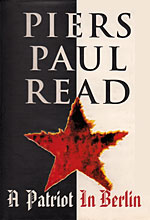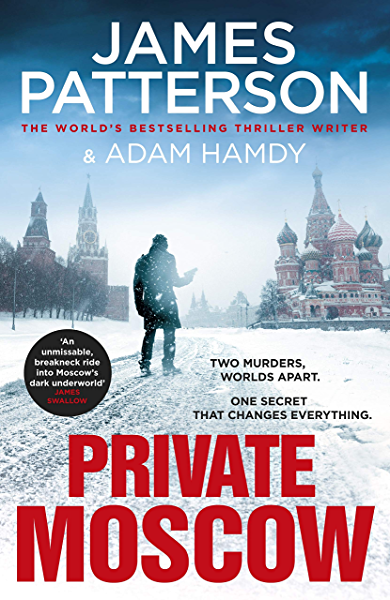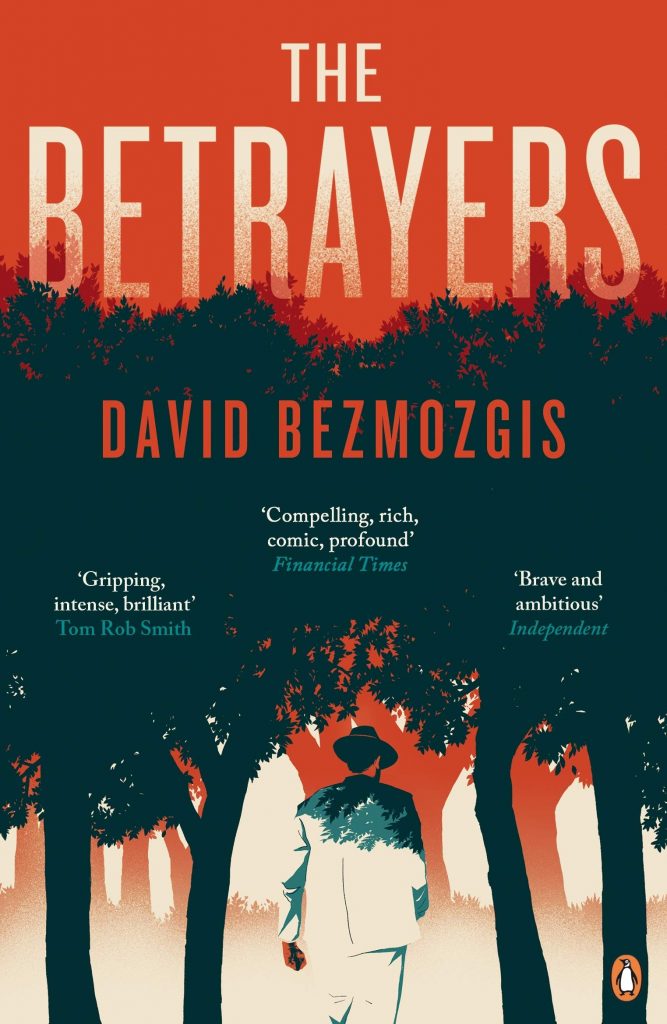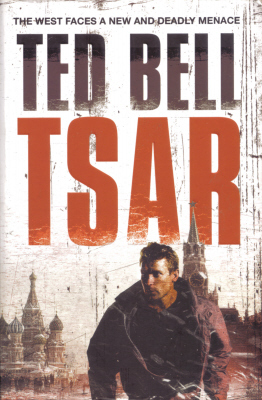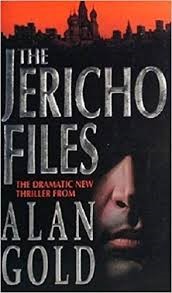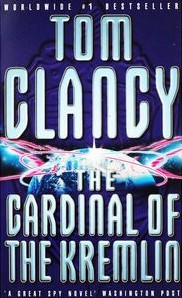Part one of this review is here
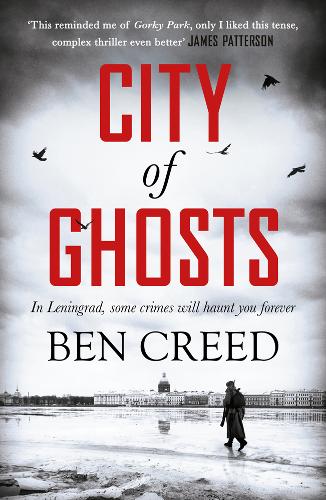
One winter night in 1951, several miles outside of Leningrad, five mutilated corpses are discovered, laid out —indeed positioned— on railway tracks. Leningrad police (militsiya) officer, Rev Rossel, conducts an investigation that increasingly ties the murders to his own previous life as a violin student in the Leningrad Conservatory.
City of Ghosts vibrates with dissonance between the ubiquitous and ingrained violence of late Stalin-era Leningrad and the transcendent potency of music. Alongside portrayals of savagery by state and criminals alike, Ben Creed conjures up the otherworldliness of music.
The novel has five parts, each designated by a musical note; a motif that reaches a crescendo by its end whilst having been a refrain throughout. F A E♭ B♭ G.
Continue reading